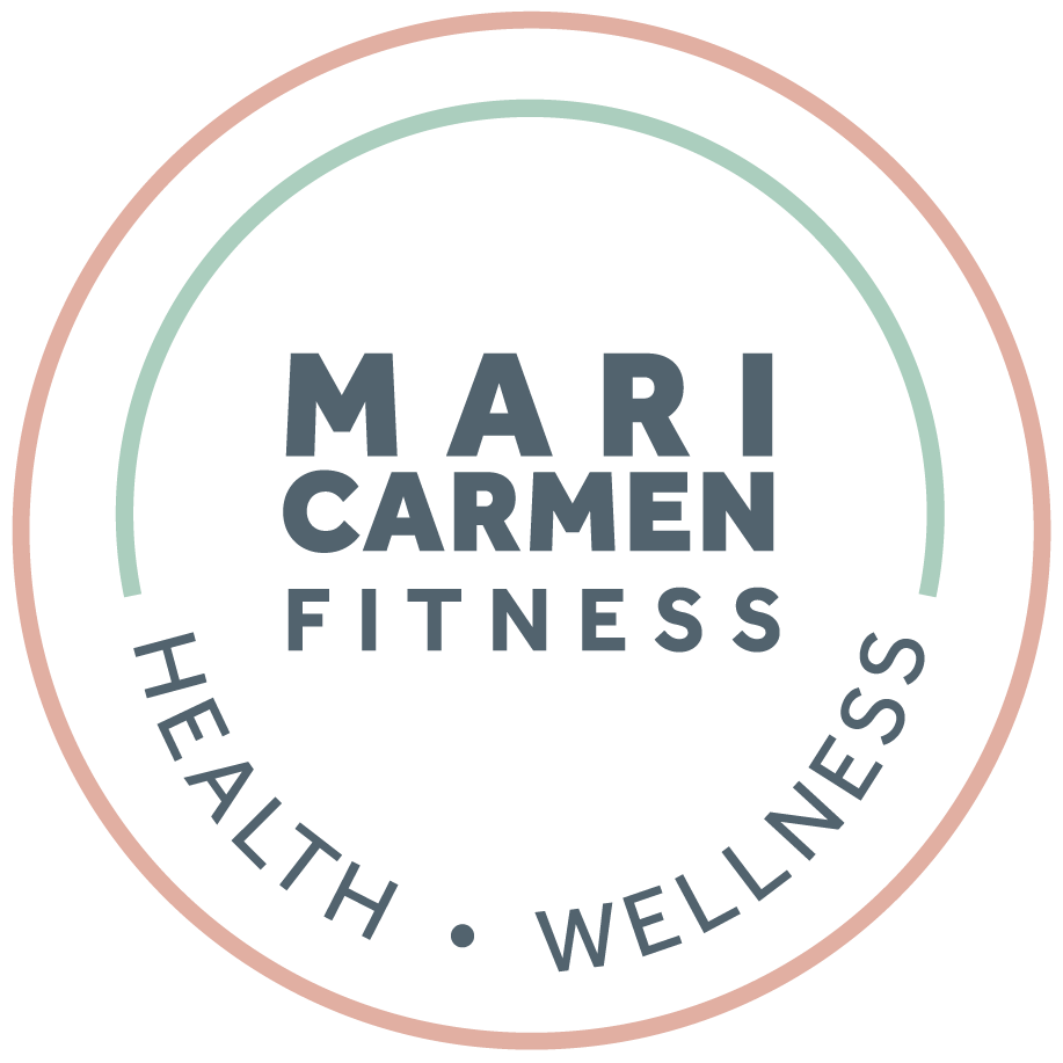Top Tips For Losing Weight When Breastfeeding
There are many benefits to breastfeeding which can include weight loss for the mother, however, this is not always the case. It is important to give your body time for healing, I would not recommend rushing into a big calorie deficit and workout routine.
The amount of weight you will lose whilst breastfeeding is depending on many factors
Nutrition
Exercise expenditure; how much you are moving each day
Habits
Weight gain during pregnancy
Breastfeeding will not be the reason for losing the initial weight in the early stages of the postnatal period. This will be down to the weight of the baby, the placenta, amniotic fluid and excess water. However, breastfeeding does help contract the uterus back down more quickly. Breastfeeding burns roughly 500 calories a day. You will be eating more calories to sustain your milk supply but you can still apply a small calorie deficit to help with weight loss whilst still breastfeeding successfully.
It is safe to lose weight whilst breastfeeding provided you use the right approach and slowly. I would recommend calculating how many calories you need to eat to maintain weight. Then increase by 500 calories to account for breastfeeding. Then apply a 5-10% calorie deficit. You can work out how many calories to maintain weight by downloading my FIT MAMA powered by Mari Carmen Fitness app.
Tips for losing weight whilst breastfeeding:
Exercise: When you feel ready to do so start by moving your body gently. Walking is a great form of exercise, not only will this help create a calorie deficit, but walking is also very beneficial for your mental health. Getting outside for some fresh air when you are running low on sleep will help your energy levels.
Nutrition: If you are wanting to lose weight, start by applying a small calorie deficit and then gradually increase the further along your postpartum journey you are. Focus on including complex carbohydrates like whole grains in your diet for slow release of energy, lean proteins to help with recovery and keeping you feeling fuller for longer and good fats. When you are running off little sleep it may be easy to reach for foods of low nutritional value due to convenience but these contain empty calories and will not give your body what it needs. Where possible stock your fridge with healthy snacks which are easy to grab, for example, chopped vegetables with hummus, cooked chicken you can add to a wholegrain wrap, greek yoghurt and plenty of fruit. This will make things easier for you. Aside from eating the right foods, where possible try to limit caffeine, focus on limiting caffeine to 2-3 cups per day and replace it with decaffeinated drinks and plenty of water.
Sleep: This is easier said than done when you have a newborn but where you can prioritise rest. If you are able to try a daytime nap when your little one is sleeping. If your little one has a nighttime feed at 7 pm and then sleeps for a few hours try and get to bed then to stock up on the sleep before the nighttime feeds start. If you have support from your partner and family then do not be afraid to ask for help.
If you are still finding it hard to lose weight after 3-6 months postpartum then take a closer look at your diet, you may want to track your calories very strictly for 2 weeks to see exactly what you are eating. It can be easy to overlook nutrition and forget the extra calories consumed from drinks, children’s leftovers and snacks. If you are happy with your postpartum healing then you may want to increase the frequency and intensity of your exercise.
If you are looking to start a postnatal exercise programme then check out my 6-week postnatal exercise programme on my FIT MAMA powered by Mari Carmen Fitness app.

